Kenya’s internet freedom status took a hit after being downgraded from ‘free’ to ‘partially free’ by US based research and advocacy firm Freedom House.
The downgrade came on the back of a series of events interconnected with the extended electioneering period in 2017 where propaganda, misinformation and fake news loosely led to the enactment of laws for legal action in the state’s attempt to clampdown on the spread of false information.
Ironically, some of these internet tactics are said to have been used by those associated to the government, with ‘bloggers for hire’ for state machinery in propaganda found to be a recurring trend.
This also included the effect of Cambridge Analytica in manipulating information during the elections. Cambridge Analytica was found to be behind at least two websites, one which propagated hate speech and another that proliferated positive information about President Uhuru Kenyatta.
“Online manipulation and disinformation tactics on social media proliferated during the 2017 elections season, including coordinated pro-government bloggers who effectively manipulated conversations on Twitter and Facebook,” is listed as one of the highlights in the Freedom House study.
Another highlight listed in the study that considered events between June 1, 2017 to May 31, 2018 says, “A number of citizens were arrested for alleged hate speech or criticizing the government online.” Intimidation and violence against bloggers and journalists for their online activities was also noted.
READ : NEW INTERNET TAX SHOCK KABOGO WHO SAYS “I’M MOVING TO THE MOON”
The passing of the Computer Misuse and Cybercrimes Act, 2018 in May is also a factor in the downgrading of Kenya’s internet freedom status with the spotlight shining on the new punitive measures it imposes. Critics have said parts of the new law are ambiguous and the Bloggers Association of Kenya (BAKE) together with other stakeholders have managed to secure suspensions to certain sections from the courts.
Whereas Kenya’s internet freedom seems to have taken a plunge, the report said that Kenya’s civil society has been active in pushing back against internet freedom violations. Freedom House also concluded that the Kenyan judiciary is also independent and has protected the fundamental rights of citizens online when activists have filed cases against government infringements.
The study found that the government does not block or filter access to websites. This extended to when the state blocked signals of three media houses in February thereby stopping transmission of the ‘swearing-in’ of Raila Odinga. The media houses still retained their online platforms.
However, the government has on regular occasion moved to remove content from online platform, especially those which it deems as repugnant to moral values. An example of this is the fact that the movie Rafiki was banned by the Kenya Film Classification Board from even on the web for its reported promotion of homo-sexuality, and that the KFCB also removed six cartoons which it also said were promoting LGBTI mores.
On the plus side, digital activism such as #LipaKamaTender, #SGRslavery and #SwitchOffKPLC were noted for having been allowed to run. At the same time, whereas technical attacks against the website of the electoral commission were detected, Freedom House did not find any reported cases of politically motivated technical violence against civil society, independent news, or opposition websites.
READ ALSO : CMA FLAGS FIVE ‘SICK’ NSE-LISTED FIRMS





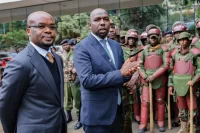
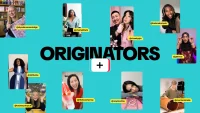

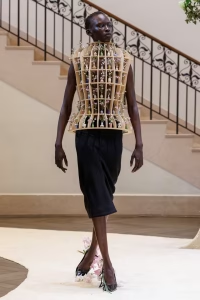

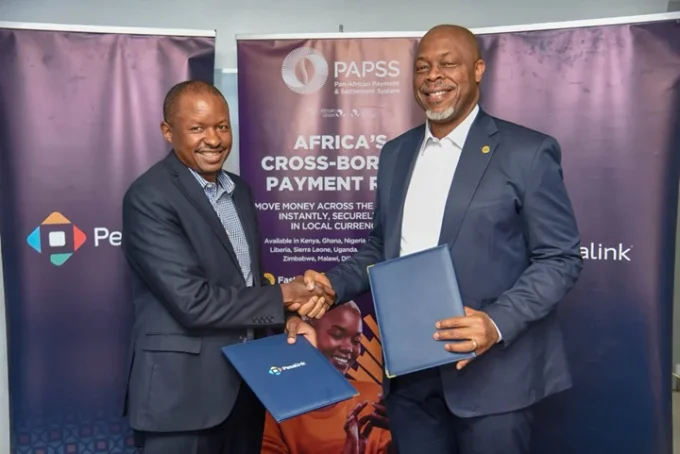
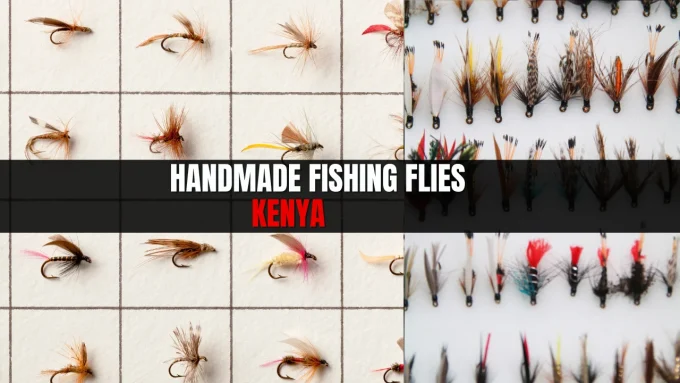
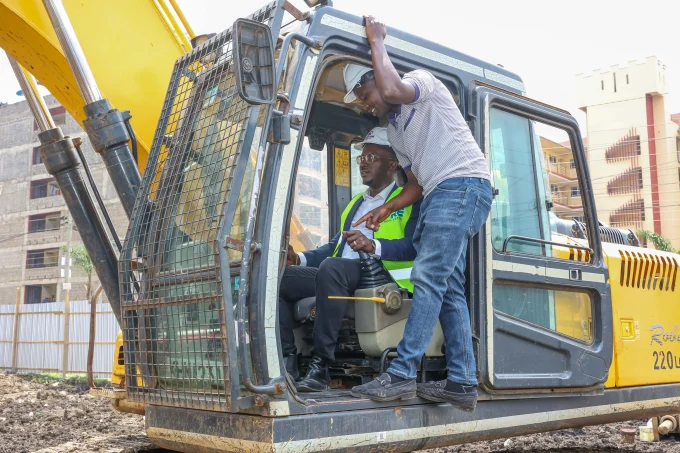
4 Comments